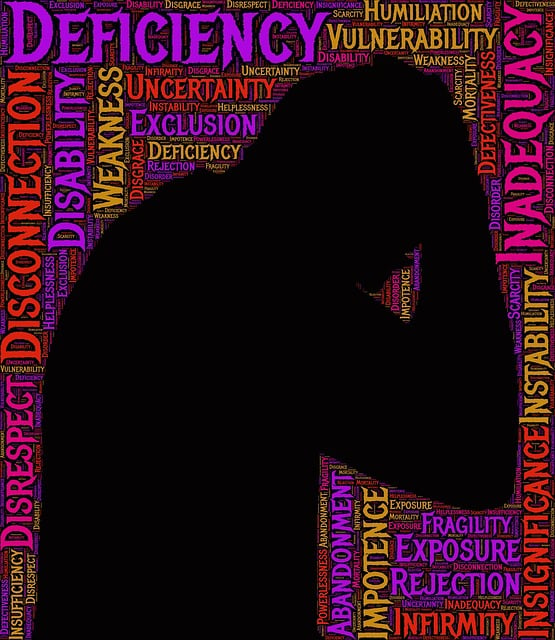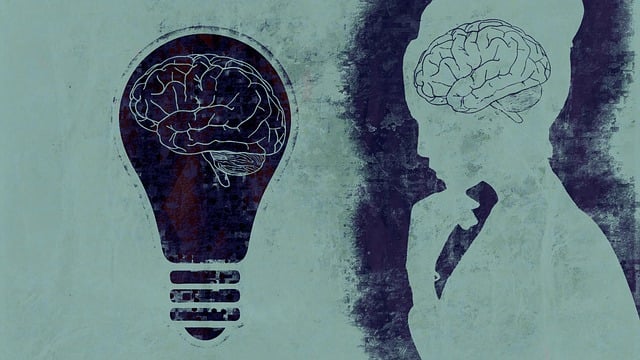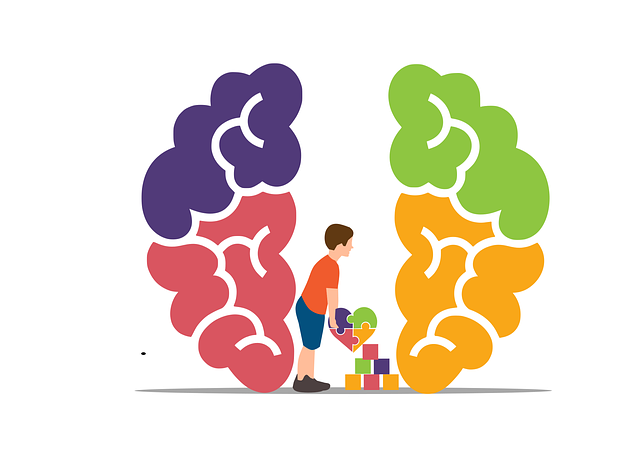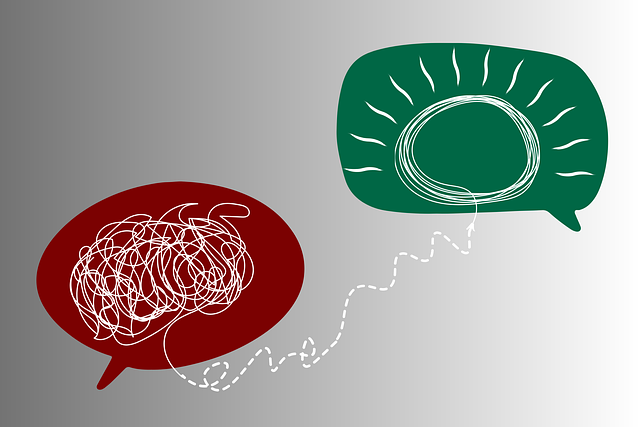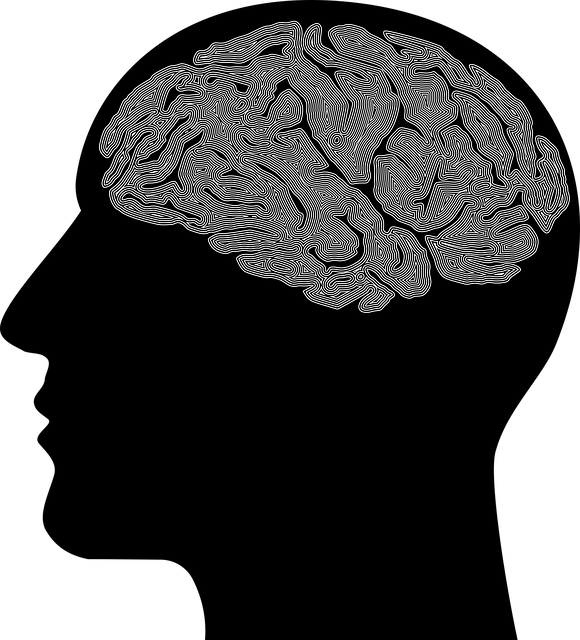Boulder Acceptance and Commitment Therapy (ACT) is a holistic mental health approach that combines mindfulness, compassion, and cultural sensitivity to help individuals manage conditions like anxiety and depression. Social Skills Training, integrated with ACT, equips people with tools for improving real-world social interactions, challenging negative thought patterns, and cultivating emotional intelligence. This comprehensive strategy strengthens social connections, enhances quality of life, and enables individuals to lead more fulfilling lives despite mental health challenges, while also being beneficial for healthcare providers' burnout prevention.
Social skills training is a powerful tool in managing mental health conditions, offering individuals a chance to enhance their interactions and overall well-being. This article explores the concept, with a focus on Boulder Acceptance and Commitment Therapy (ACT), a comprehensive approach proven effective for social anxiety and other related issues. We’ll delve into strategies and techniques that facilitate meaningful connections, empowering individuals to navigate social environments confidently. Understanding these skills can revolutionize support for mental health conditions.
- Understanding Social Skills Training for Mental Health Conditions
- Boulder Acceptance and Commitment Therapy: A Comprehensive Approach
- Strategies and Techniques for Effective Social Skills Development
Understanding Social Skills Training for Mental Health Conditions

Social Skills Training (SST) is a specialized therapeutic approach designed to help individuals with mental health conditions navigate and improve their social interactions. This form of training goes beyond traditional therapy by focusing on practical, real-world scenarios where social skills are essential for well-being. SST can be particularly beneficial in managing symptoms associated with various mental health disorders, offering valuable tools for coping with stress reduction methods.
In the context of Boulder Acceptance and Commitment Therapy (ACT), SST incorporates elements of mindfulness and compassion cultivation practices. By fostering cultural sensitivity in mental healthcare practice, individuals learn to engage socially while staying present and accepting their thoughts and feelings. This holistic approach not only enhances social connections but also empowers people to live more fulfilling lives aligned with their values, despite the challenges posed by their mental health conditions.
Boulder Acceptance and Commitment Therapy: A Comprehensive Approach

Boulder Acceptance and Commitment Therapy (ACT) offers a comprehensive approach to mental health treatment, focusing on helping individuals embrace their experiences and commit to valued actions. This therapy is particularly effective for those dealing with various mental health conditions, emphasizing acceptance as a cornerstone of healing. By encouraging mindfulness and cognitive flexibility, ACT aids in managing difficult emotions, such as anxiety and depression, without judgment.
ACT incorporates cultural sensitivity in mental healthcare practice, recognizing the impact of societal and personal values on one’s well-being. It provides tools for effective mood management and trauma support services, enabling clients to navigate their unique challenges. Through this comprehensive strategy, individuals can enhance their overall quality of life, fostering resilience and a deeper connection with their authentic selves.
Strategies and Techniques for Effective Social Skills Development

Social skills training plays a pivotal role in managing mental health conditions, offering individuals tools to navigate social interactions with confidence and ease. For those seeking Anxiety Relief, this approach is transformative, enabling them to challenge negative thought patterns and engage in meaningful conversations. Techniques such as role-playing scenarios, guided discussions, and cognitive reframing, often incorporated in practices like Boulder Acceptance and Commitment Therapy (ACT), empower individuals to build resilience and foster positive connections.
This therapeutic process goes beyond mere social etiquette; it focuses on developing emotional intelligence and coping mechanisms. By practicing active listening, non-verbal communication, and assertiveness, participants gain a deeper understanding of themselves and others. These skills are particularly beneficial for healthcare providers looking to implement Burnout Prevention Strategies, allowing them to maintain strong patient relationships while mitigating the demands of their profession. Through engaging in group activities and receiving feedback, individuals can enhance their self-awareness, improve social interactions, and ultimately, lead more fulfilling lives with better mental health outcomes.
Social skills training, as demonstrated through innovative approaches like Boulder Acceptance and Commitment Therapy (BACT), plays a pivotal role in managing mental health conditions. By employing evidence-based strategies and techniques, individuals can enhance their social interactions, leading to improved overall well-being. This comprehensive approach not only equips folks with effective communication tools but also fosters a sense of belonging and support, ultimately revolutionizing how we navigate the hustle and bustle of daily life.


